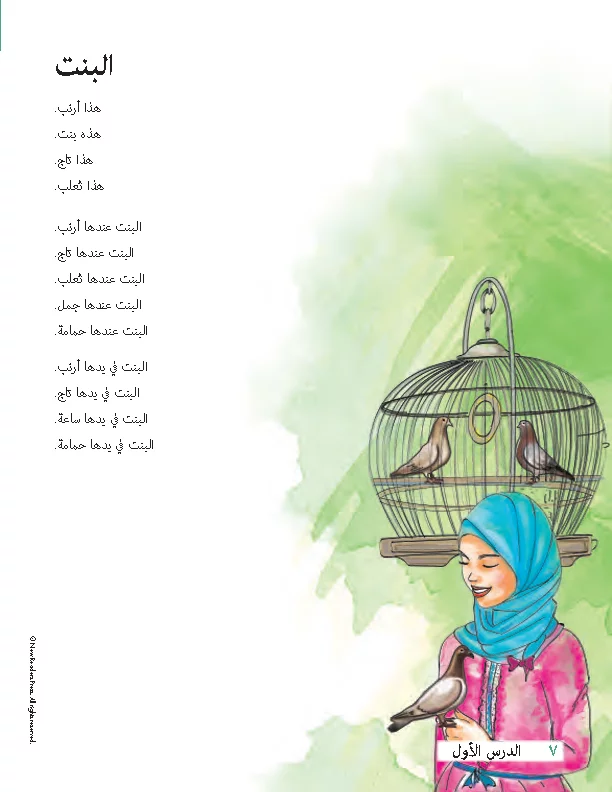Over 400 million people speak Arabic, making it one of the most common languages in the world. Today is World Arabic Language Day, which this year is being celebrated as the language of poetry and arts. Yet, within the 22 Arabic-speaking countries, the World Bank estimates that there are 50 million adults who cannot read or write.
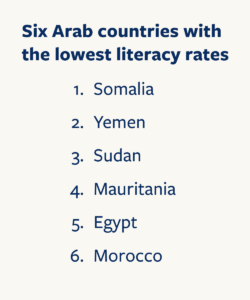 This lack of literacy drastically limits roles within society, particularly for women. While progress has been made over the last two decades, it is still common for girls to stay at home while educational preference is given to the boys in the family. Literacy rates, especially for adult women in the Arab region, are among the lowest in the world.
This lack of literacy drastically limits roles within society, particularly for women. While progress has been made over the last two decades, it is still common for girls to stay at home while educational preference is given to the boys in the family. Literacy rates, especially for adult women in the Arab region, are among the lowest in the world.
Many of our partners in this region of the world lack the literacy materials to address the need. And even if they did have materials, they lack the ability to train teachers.
As we do in regions throughout the world in need of improved literacy services, we considered how we can have the biggest impact to tackle these barriers to delivering education. Our solution is rooted in our history and the highly effective methods of ProLiteracy founder Dr. Frank Laubach.
The Laubach method allows individuals with little or no literacy training to become successful teachers in a matter of hours. It builds confidence for the learner, who can begin de-coding and reading quickly with Laubach’s sound/symbol/picture approach.
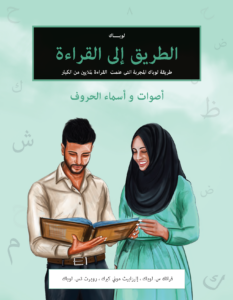
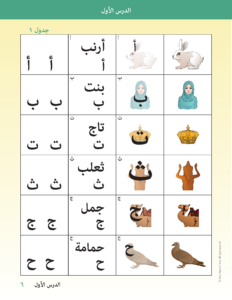
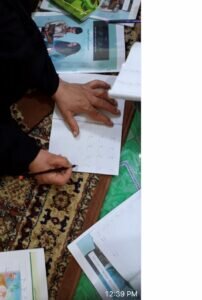
The original version of Laubach Way to Reading Arabic was developed in the 1950s for teachers and learners in Egypt. To meet the needs of today’s learners, we modernized the artwork and stories and created a new Laubach Way to Reading Arabic curriculum. This curriculum is ideal for adult learners who have little to no reading skills and require a uniform, step-by-step approach to reading.
Developing this updated resource and making it free and widely available through our Education Network platform allows us to collaborate with programs across the Arab region. This will give more adults a chance to not only improve their status in society, but to also embrace the poetic and artistic beauty of their language.
